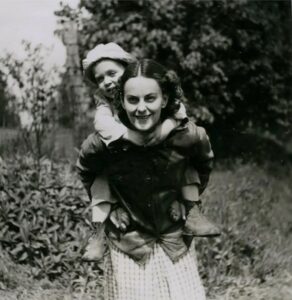Overlooked No More: Elizabeth Wagner Reed, Who Resurrected the Legacies of Women in Science
In 1992, the geneticist Elizabeth Wagner Reed self-published “American Women in Science Before the Civil War,” a book highlighting 22 19th-century scientists. One of them was Eunice Newton Foote, who wrote a paper on her remarkable discovery about greenhouse gases, “a phenomenon which is of concern to us even now,” Reed wrote.
Foote was forgotten soon after the paper was read aloud by a male scientist at a conference in 1856 and published the following year. A male scientist was eventually credited with the discovery.
Like Foote, Reed herself fell into obscurity, a victim of the erasure of female scientists that the historian Margaret Rossiter coined the Matilda Effect — named for the sociologist Matilda Joslyn Gage, whose 1870 pamphlet, “Woman as Inventor,” condemned the idea that women did not have the skills to succeed in the field.
Reed, however, made significant contributions to the sciences.
She wrote a landmark study about intellectual disability genetics, helped found a field of population genetics and wrote many more papers on botany, the biology of women and sexism in science.
Reed persisted in her research even when she found herself a widow with a toddler during World War II. By the time of her death, in 1996, in spite of publishing more than 34 scholarly papers, public school curriculums and two books, the record didn’t bend in her favor. It wasn’t until 2020, when the scientist and scholar Marta Velasco Martín published a paper on Reed, that her legacy was resurrected.
Reed was born Elizabeth Wagner on Aug. 27, 1912, in Baguio, in what was then called the Philippine Islands, to Catherine (Cleland) and John Ovid Wagner. John was from Ohio and worked in construction there at the time; Catherine, from Northern Ireland, was working in the Philippines as a nurse.
The family later settled on a farm in Ohio, where Elizabeth grew up picking raspberries “from dawn to dusk,” her son William Reed said in a phone interview.
